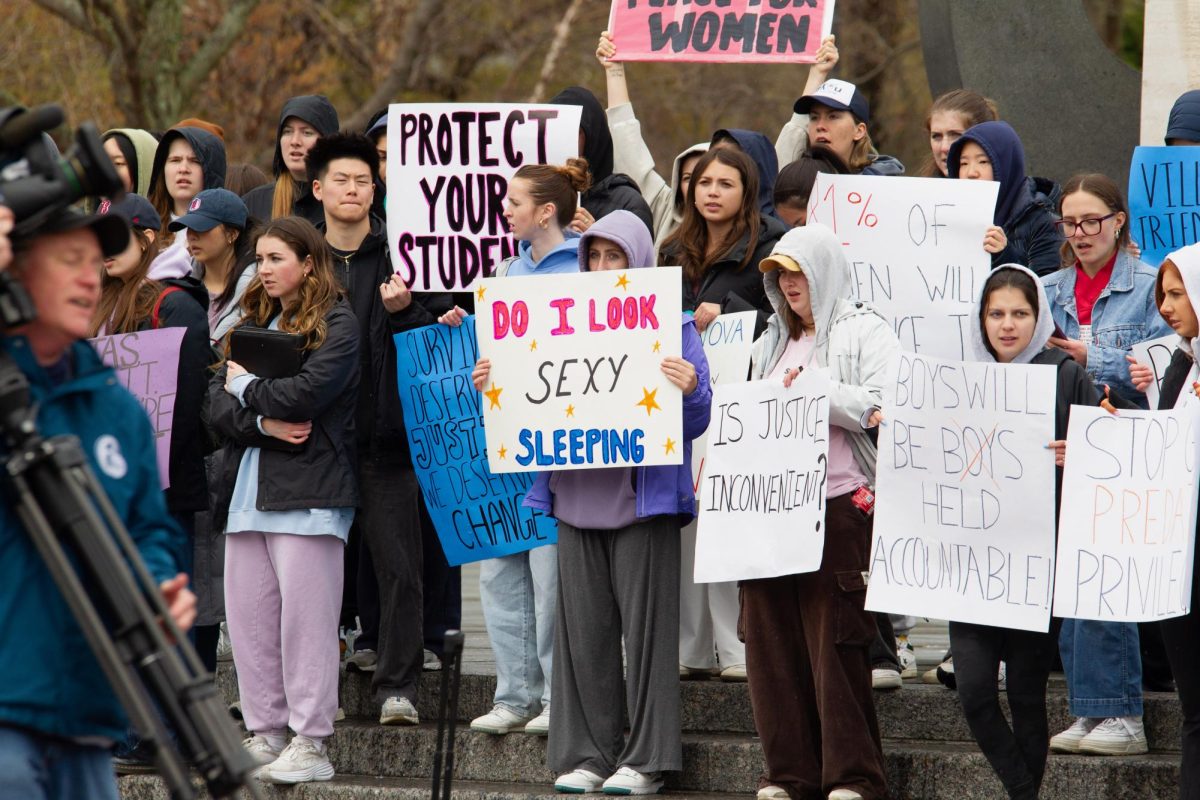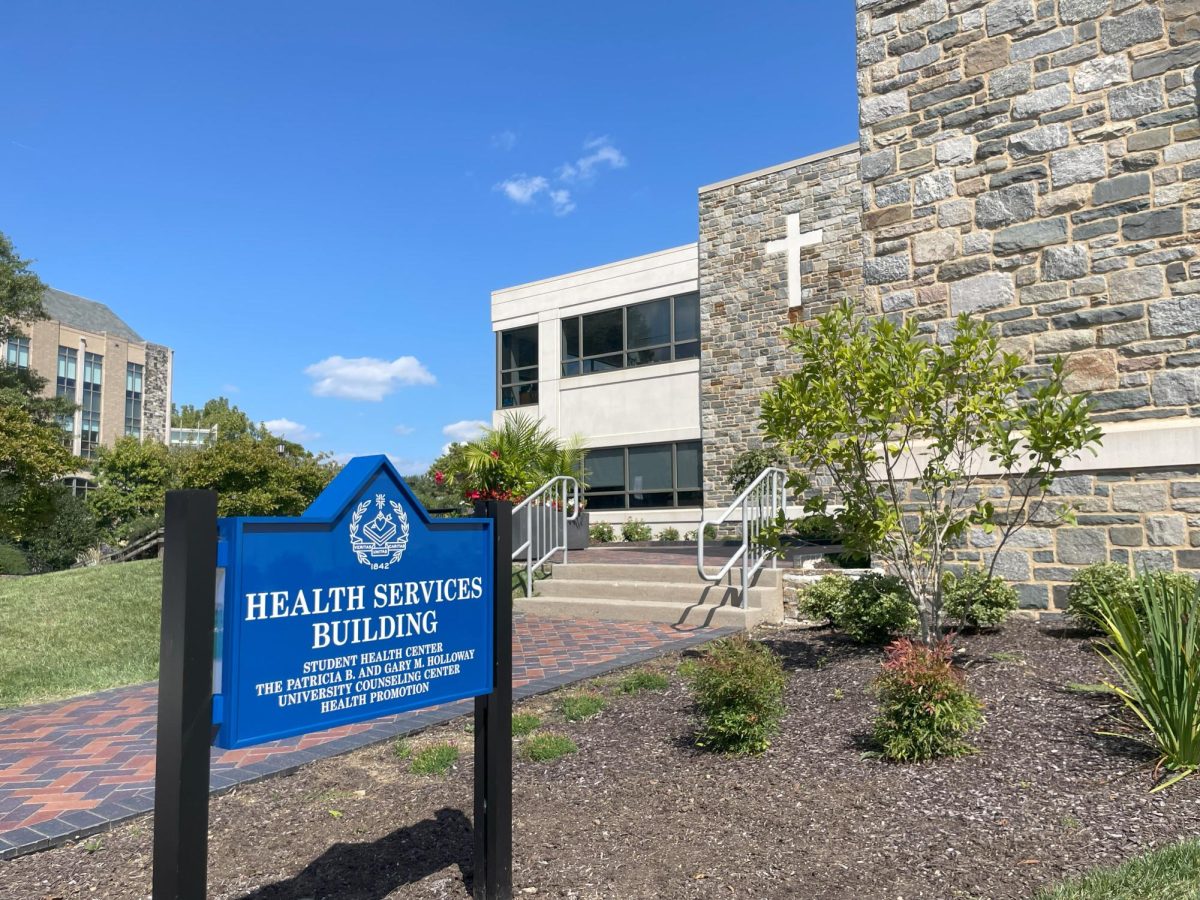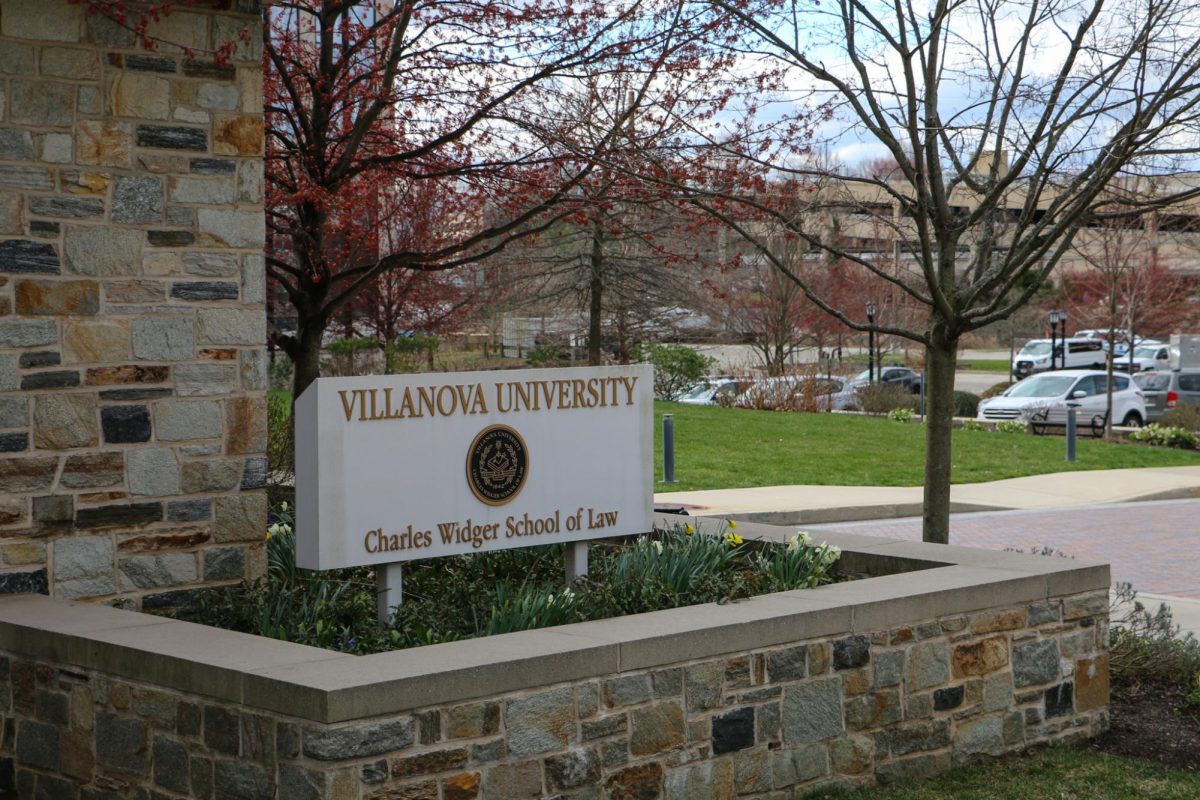Villanova, along with 40 other top educational institutions, has been named in a lawsuit alleging price-fixing schemes that disproportionately affect students from divorced or separated families.
Many prominent universities were cited in the suit, including the University of Pennsylvania, Boston College and Harvard University, among others. All of the universities named are private institutions and not federally funded.
The antitrust lawsuit targets College Board, a nonprofit organization with control over both college financial aid processes and university entrance testing. The issue is specifically with its CSS Profile, which is required for students seeking need-based financial aid from many prospective universities.
The case was filed on Oct. 7, 2024 by Hagens Berman, a global plaintiffs’ rights law firm focused on class action suits. Attorneys Steve W. Berman, Daniel J. Kurowski and Rio S. Pierce have brought the case before the U.S. District Court for the Northern District of Illinois.
The lawsuit alleges that College Board has engaged in collusion to intentionally reduce financial aid opportunities for students with noncustodial parents (NCPs). A NCP is defined as any parent that does not have primary physical custody of their child following a separation.
The CSS Profile’s financial aid counterpart, the FAFSA, a federal financial aid program, does not require the recording of income by a NCP. The lawsuit highlights discrepancies between the two programs, suggesting that private institutions and the College Board are exploiting the private system.
Beginning in 2006, College Board required that students must disclose the financial assets of their noncustodial parents in the application, regardless of their involvement in the students’ education. The alleged anticompetitive behavior has reduced the likelihood that students will qualify for additional need-based financial aid, and keep the costs of college artificially high.
The CSS Profile uses a preset formula based on the financial information provided by the student and students guardians. The lawsuit argues that adding additional finances despite them not being a plausible option for many families, will have a negative impact on aid turn out.
The class action states that on average and in a fair market, affected universities’ costs were $6,200 higher than universities not subject to College Board’s agreement. They are seeking $5 million in monetary damages and a court order to halt the alleged scheme.
Steve Berman, managing partner and cofounder of Hagens Berman, shared his perspective on the case on the firm’s website.
“The financial burden of college cannot be overstated in today’s world, and we believe our antitrust attorneys have uncovered a major influence on the rising cost of higher education,” Berman said. “Those affected — mostly college applicants from divorced homes — could never have foreseen that this alleged scheme was in place, and students are left receiving less financial aid than they would in a fair market.”
There is no additional information from Villanova at this time.
Those who have been affected by this may be entitled to regain losses and are encouraged to fill out information provided on the Hagens Berman case page.
All details regarding this lawsuit are publicly available there, as well.








